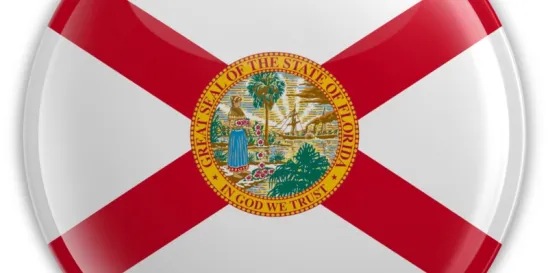In a recent development, a statewide grand jury in Florida released its fifth presentment, highlighting what it perceives as “physical and financial dangers” the nation’s border crisis poses to Floridians. The 146-page report is a comprehensive analysis of the situation and has criticized the Biden administration's border policies while providing recommendations for state lawmakers to consider in their upcoming legislative session starting in January.
Key Findings:
The grand jury's report alleges that in 2022 alone, nearly three million individuals, averaging over 8,000 per day, illegally attempted to cross into the U.S. A third of them were reportedly halted by authorities, while the rest either evaded capture or are awaiting immigration court hearings. The grand jury estimates that almost a million individuals are now residing in Florida illegally.
In response to these findings, the grand jury has presented recommendations for state lawmakers to consider during the upcoming legislative session. Included are the following:
- Implementing work status verification for all employers, not just those with more than 25 employees;
- Introducing a fee for international money transfers out of Florida, potentially generating an estimated $40 million in new revenue;
- Advocating for creating another grand jury to investigate non-government organizations' potential misuse of tax dollars and grants.
While the grand jury maintains the legitimacy of its findings, critics, including State Rep. Anna Eskamani, argue that the report exhibits a partisan interpretation of immigration policy. Eskamani expressed concerns that the report might prompt the GOP-controlled Legislature to pursue more immigration reform, potentially exacerbating existing challenges such as workforce shortages and impacting industries including agriculture and tourism.
As Florida gears up for its legislative session in January, the grand jury's report adds fuel to the ongoing debate over immigration policies. While the recommendations aim to address perceived gaps in the system, the partisan divide remains apparent. The potential impact of these recommendations on future legislation and the broader immigration discourse will undoubtedly be closely watched in the coming months.



 />i
/>i

